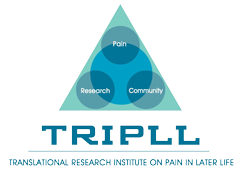Aging and addicted: The opioid epidemic affects elderly too
Patricia Kim2018-09-26T20:51:29-04:00As the nation grapples with a devastating opioid epidemic, concerns have primarily focused on young people buying drugs on the street. But America's elderly also have a problem. Over the past several decades, physicians have increasingly prescribed seniors pain medications to address chronic pain from arthritis, cancer, neurological diseases and other illnesses that become more common in later life. A recent study found that in 2011, 15 percent of seniors were prescribed an opioid when they were discharged from the hospital; three months later, 42 percent were still taking the pain medicine. Excerpted from an article in the Chicago Tribune, [...]
